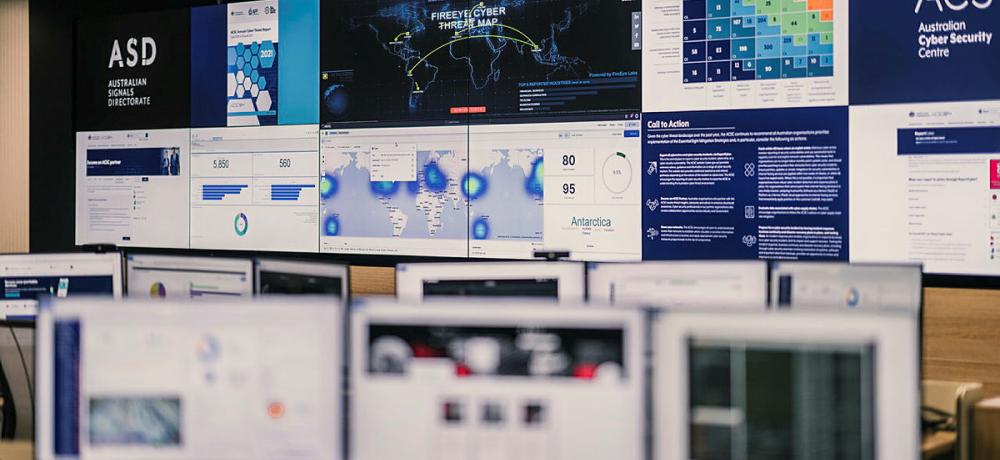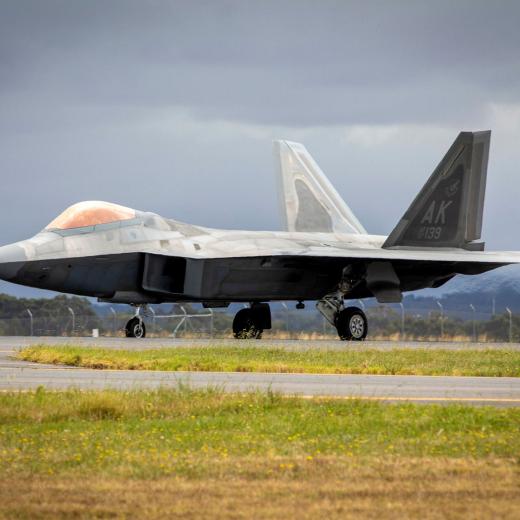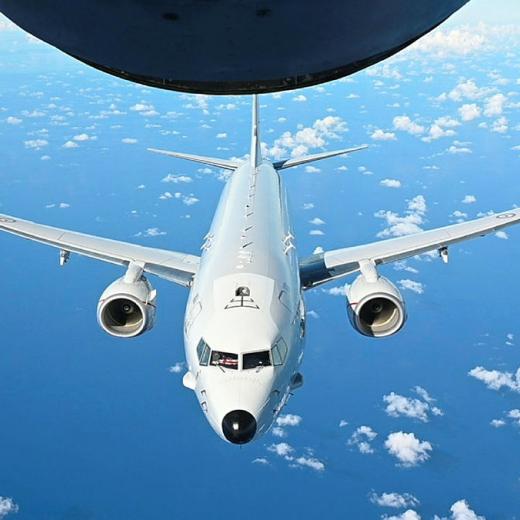BLUF
The author of this article argues we are fast approaching a time when artificial intelligence (AI) invents things its human creators cannot. But how do we award a patent to a machine that has created something?Summary
This article by Lachlan Gilbert, writing for UNSW Newsroom, makes the following points:
- Our laws lag behind technology, and patent law is currently inadequate to deal with current situations.
- In a commentary published in Nature, two leading academics from UNSW Sydney examine the implications of patents being awarded to an AI entity.
- The case revolves around a machine called DABUS (Device for the Autonomous Bootstrapping of Unified Sentience).
- DABUS has been named the inventor of two products—a food container that helps with insulation and stacking and a flashing light for attracting attention in emergencies.
References
Recent Runway Posts related to this topic:
- How humans and AI can work together to create better businesses | The Runway (airforce.gov.au)
- AI system outperforms humans in designing floorplans for microchips | The Runway (airforce.gov.au)
References from the Web:
- AUG 2021 Artificial intelligence can now be recognised as an inventor after historic Australian court decision—ABC
- SEP 2021 Only Humans, Not AI Machines, Get a U.S. Patent, Judge Says—Bloomberg
- JUN 2022 If AI invents something, who gets the patent?—Technology Decisions
Source: University of NSW (UNSW)
-
Link to Source: University of NSW (UNSW)
- Media Check: UNSW Newsroom homepage (no Media Bias fact-check available)
RAAF RUNWAY: RATIONALE, GUIDELINES, LEARNING OUTCOMES, ETC |





